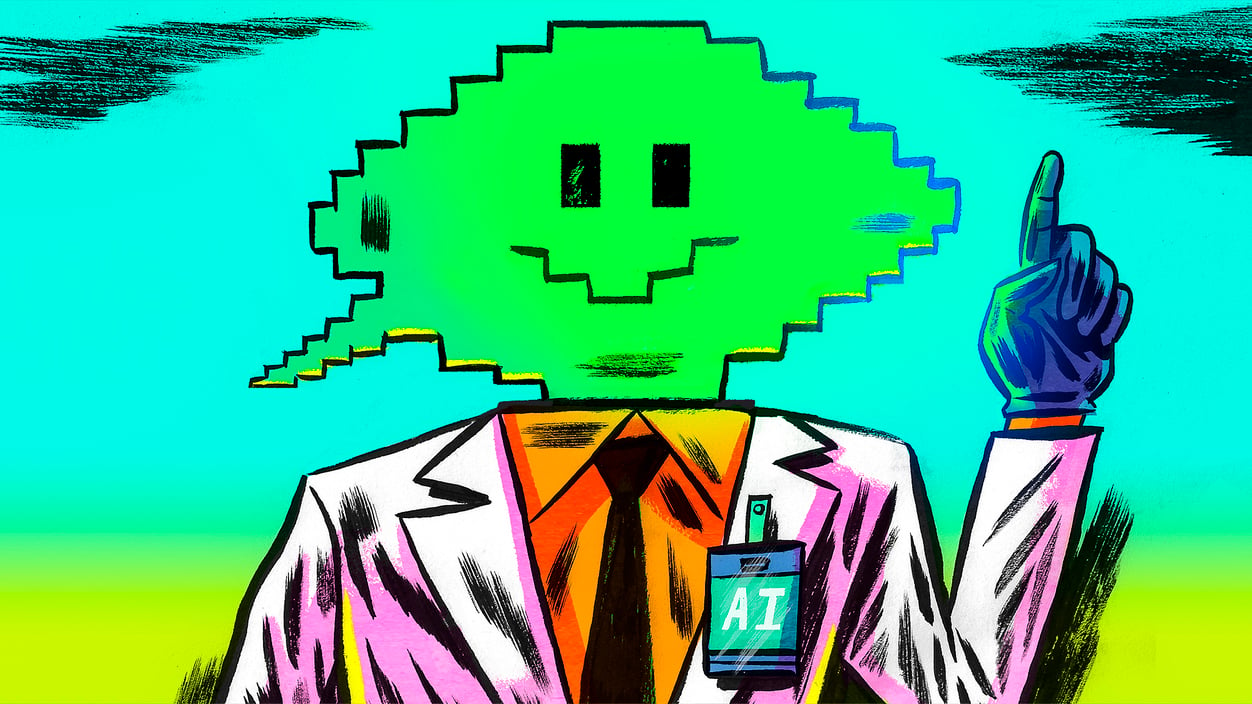Closer Look
What does generative AI mean for health care?

Mike Reddy for STAT
Does it seem like health care companies are hurtling along the path to product pipelines and IT systems full of generative AI tools before anyone really understands their value? It turns out AI experts are still trying to understand, and explain, how and why they work best. STAT's health tech team posed questions to experts and fielded some from you, too. A sample:
What can AI do right?
"In health care, patients today are dying not because of AI, but because of the lack of AI," said Thomas Fuchs of Mount Sinai, who hopes for better access to high-quality care, better drugs, and less pressure on physicians. More insights from experts here.
What if generative AI is trained on medical records with errors?Poor data means poor output. Unfortunately, we don't yet know a lot about the specific ways error-riddled data affects the performance of AI, and the resulting patient outcomes. It's an area that desperately needs more research. More questions from readers here.
chronic disease
Analysis: Screening adults for kidney disease would be cost-effective
After years without sufficient evidence, the tide has turned in favor of screening people for kidney disease starting at age 35, authors of a new cost-effectiveness analysis in Annals of Internal Medicine assert. While advocates have long pushed for such a recommendation as rates of chronic kidney disease grow, it was the arrival of new drugs called sodium-glucose cotransporter-2 inhibitors showing efficacy in clinical trials that pushed the needle. While SGLT2 inhibitors were initially used to treat people with type 2 diabetes, they were also found to slow the degradation of kidney function in those without diabetes.
"Before, we didn't have a good treatment option, an effective treatment option for [chronic kidney disease]. And so that's why early detection didn't necessarily improve outcomes," study author Marika Cusick told STAT's Isabella Cueto. "And now, because we have an effective treatment option, I think that the value of screening is really different." Read more.
health
Hesitancy is down, but more parents cite safety concerns about HPV vaccines
The safety and effectiveness of HPV vaccines to prevent cancer have long been established, but some parents are still reluctant to have their children receive them. Today's study in Pediatrics tracked vaccine hesitancy — before Covid-19 gave that term new currency — and found safety concerns grew from 2010 to 2018.
The top five responses to the survey, which queried parents of 13- to 17-year-olds on their objections, were "not necessary," "safety concerns," "lack of recommendation," "lack of knowledge," and "not sexually active." Overall, parental hesitancy fell 5.5% each year from 2010 to 2012 and then stayed stable. But the share of parents citing safety climbed by 16% annually through 2018. By 2020, 75% of adolescents had at least one dose, but only 59% completed the series. "It is reasonable to expect that HPV vaccine-related safety concerns may continue to rise because of the plethora of misinformation surrounding [Covid-19] vaccination," the authors write.


No comments